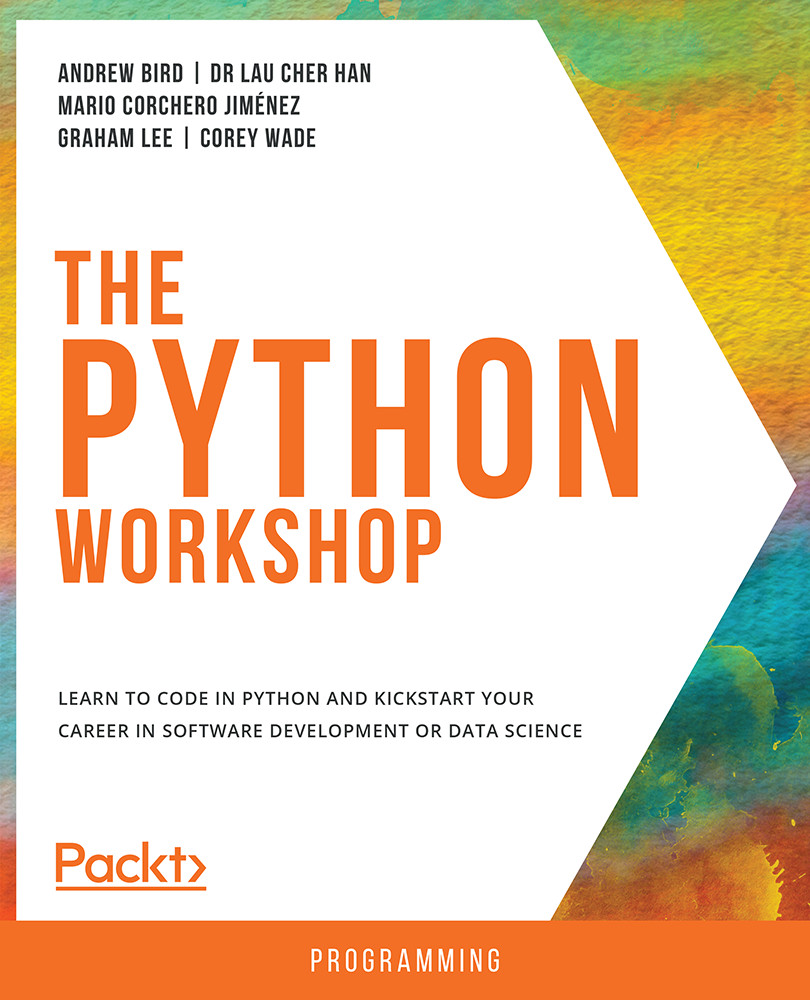-
Book Overview & Buying

-
Table Of Contents

The Python Workshop
By :

The Python Workshop
By:
Overview of this book
 Free Chapter
Free Chapter
 Sign In
Start Free Trial
Sign In
Start Free Trial


 Free Chapter
Free Chapter
Our experience with computers is a machine with a huge volume of carefully organized logic. No one piece of this logic is necessarily complex or can capture what drives the result. Rather, the entire system is organized such that it comes together to provide the output you expect.
In previous chapters, you focused on the basic Python idioms and data types. In this chapter, you will begin exploring more abstract concepts regarding how knowledge is formalized through logic in Python. You will explore a few fundamental algorithms that are used for solving typical problems in computer science, along with some simple logic.
For example, consider the problem of sorting a list of integers. Supermarkets use sorting techniques to sort through their customers to get an insight into the sales an individual customer provides. You may be surprised at the theoretical complexity behind writing such an algorithm in an efficient manner.
In this chapter, you will also learn about...

Change the font size
Change margin width
Change background colour